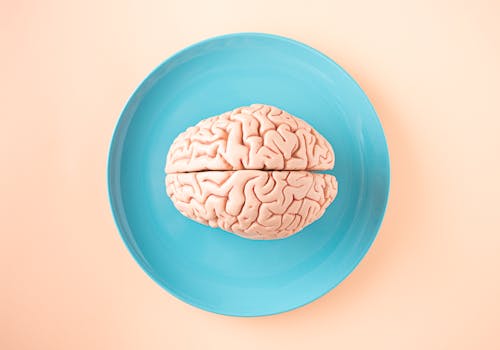What is neural pathways?

What is neural pathways?
Neural pathways are vital components of the brain’s architecture, allowing us to process information, learn new skills, and even develop habits. Understanding these pathways can unlock insights into how we think, feel, and behave. In this article, I’ll delve into what neural pathways are, how they function, and their significance in our daily lives.
Understanding Neural Pathways
At its core, a neural pathway is a series of connected neurons that communicate with each other to transmit signals across different parts of the brain and body. These connections are essential for various functions, including sensory perception, motor skills, and cognitive processes.
Definition of Neural Pathways
Neural pathways consist of neurons, which are specialized cells that transmit information throughout the nervous system. Each neuron connects to others via synapses, forming intricate networks. Imagine these pathways as highways of information, with neurons acting as vehicles carrying messages that dictate our perceptions and actions. For more on the structure of neural pathways, check out this overview on neural pathways.
Formation of Neural Pathways
Neural pathways are formed through a process called synaptogenesis, where neurons create new connections by extending their axons and dendrites. This process is influenced by experience; the more a specific pathway is used, the stronger it becomes. Think of this as walking a path in the woods—frequent use makes it clearer and easier to navigate. This adaptability demonstrates the brain’s remarkable ability to change and grow based on our experiences.
Importance of Neural Pathways in Learning
Neural pathways play a crucial role in learning and memory. Every time we learn something new, we create or strengthen neural pathways. This is particularly evident in skills acquisition; for instance, learning to ride a bicycle requires the establishment of new pathways that become more robust with practice. Studies show that repeated use of specific neural pathways can lead to enhanced cognitive functions and improved memory retention. For further reading on how these pathways impact learning, see this article on neuroplasticity.
Types of Neural Pathways
Neural pathways can be categorized into different types based on their specific functions in the body.
Sensory Neural Pathways
Sensory neural pathways are responsible for transmitting sensory information from the sensory receptors to the brain. For example, the visual pathway carries information from the eyes to the visual cortex, enabling us to see. These pathways help us interpret our surroundings and respond appropriately. To explore how these pathways function in detail, you can visit this resource on sensory pathways.
Motor Neural Pathways
Motor neural pathways control the movement of muscles. When you decide to pick up a cup, your brain sends signals through these pathways to the relevant muscles in your arm and hand. This intricate system allows for coordinated movements and fine motor skills, essential in our daily activities.
Association Neural Pathways
Association neural pathways connect different regions of the brain, facilitating communication between various brain areas. These pathways integrate sensory input with emotional responses and memory. They play a significant role in our ability to make decisions and form complex thoughts. Understanding these pathways can provide insights into cognitive functions, such as creativity and problem-solving.
The Role of Neural Pathways in Personal Development
The concept of neural pathways extends beyond just brain function to personal growth and productivity. By understanding how these pathways work, we can harness their power to cultivate a growth mindset.
Neuroplasticity and Growth Mindset
Neuroplasticity refers to the brain’s ability to reorganize itself by forming new neural connections throughout life. This adaptability means that we can change our habits and thought patterns. Embracing a growth mindset—believing that we can improve through effort and learning—can significantly impact how we strengthen our neural pathways.
Techniques to Strengthen Neural Pathways
Several techniques can help reinforce neural pathways:
- Repetition: Engaging in an activity multiple times strengthens the associated pathways.
- Practice: Regularly practicing a skill helps to solidify the neural connections involved.
- Mindfulness: Mindfulness practices can enhance awareness and focus, contributing to stronger pathways.
Incorporating these techniques into your daily life can lead to personal growth and improved productivity, allowing you to achieve your goals more effectively.
Conclusion
Neural pathways are essential for understanding how our brains function, learn, and adapt. They are not only the foundation of our cognitive abilities but also play a significant role in shaping our habits and behaviors. By recognizing the importance of these pathways, we can take steps to enhance our learning, boost our productivity, and foster personal development.
Whether you’re trying to acquire a new skill or improve your daily habits, focusing on strengthening your neural pathways can lead to meaningful changes in your life. So, let’s embrace the power of our brains and unlock our full potential!